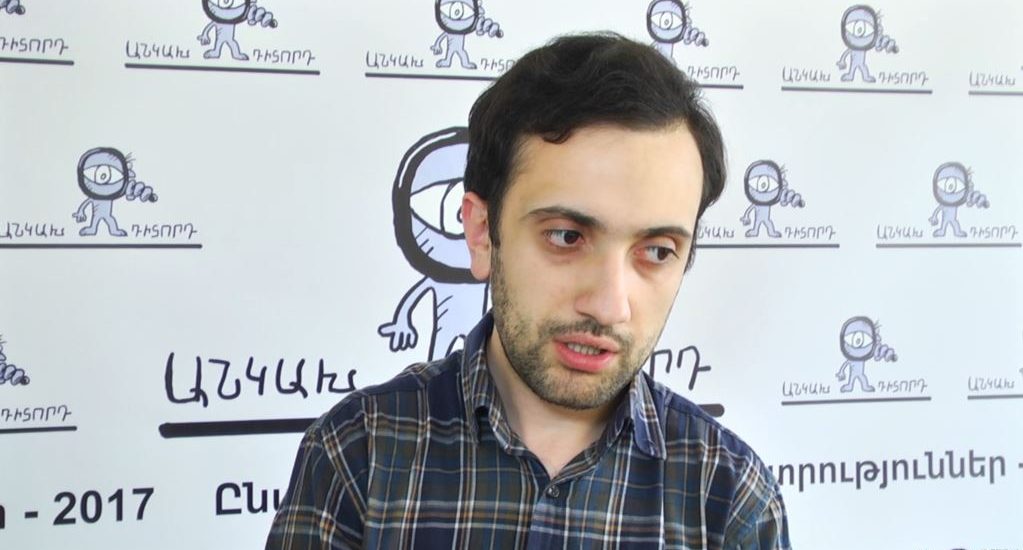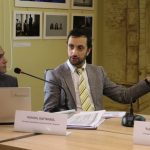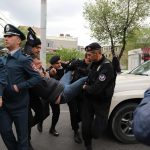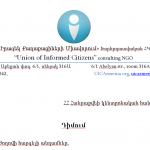- 1 April, 2017
- Uncategorized

YEREVAN — Centrist opposition leader Nikol Pashinian stands outside an office building in western Yerevan’s Malatia-Sebastia neighborhood, megaphone in hand, to take his criticism of the current government to the streets.
Prime Minister Karen Karapetian stages public meetings in small towns across the country, where he endorses the right-wing, ruling Republican Party of Armenia and fields questions directly from those who will cast ballots on April 2.
Gagik Tsarukian, pro-Russia leader of the center-right Tsarukian Alliance, is handed personal letters by dozens of voters who crowd around the millionaire former wrestling coach before each of his rallies — often delaying his speeches by half an hour.
Raffi Hovannisian, one of three former ministers in the right-wing ORO Alliance, describes his strategy of shaking hands with everybody he sees as the “Hello Revolution.”
More, perhaps, than in any previous Armenian parliamentary elections, candidates and their campaign teams are trying to engage voters directly to win support.
Daniel Ioannisian, program coordinator for the nongovernmental group Union of Informed Citizens, says a major reason is that the April 2 vote is simply more important than previous parliamentary elections.
He says that’s because Armenia is now transforming into a parliamentary republic.
Under 2015 constitutional amendments, Armenia’s current semipresidential system is being phased out in a transition to be completed when President Serzh Sarkisian’s second term ends in 2018.
Ioannisian notes that whoever controls parliament after the April 2 elections will also control the levers of power from 2018.
Full version here.




